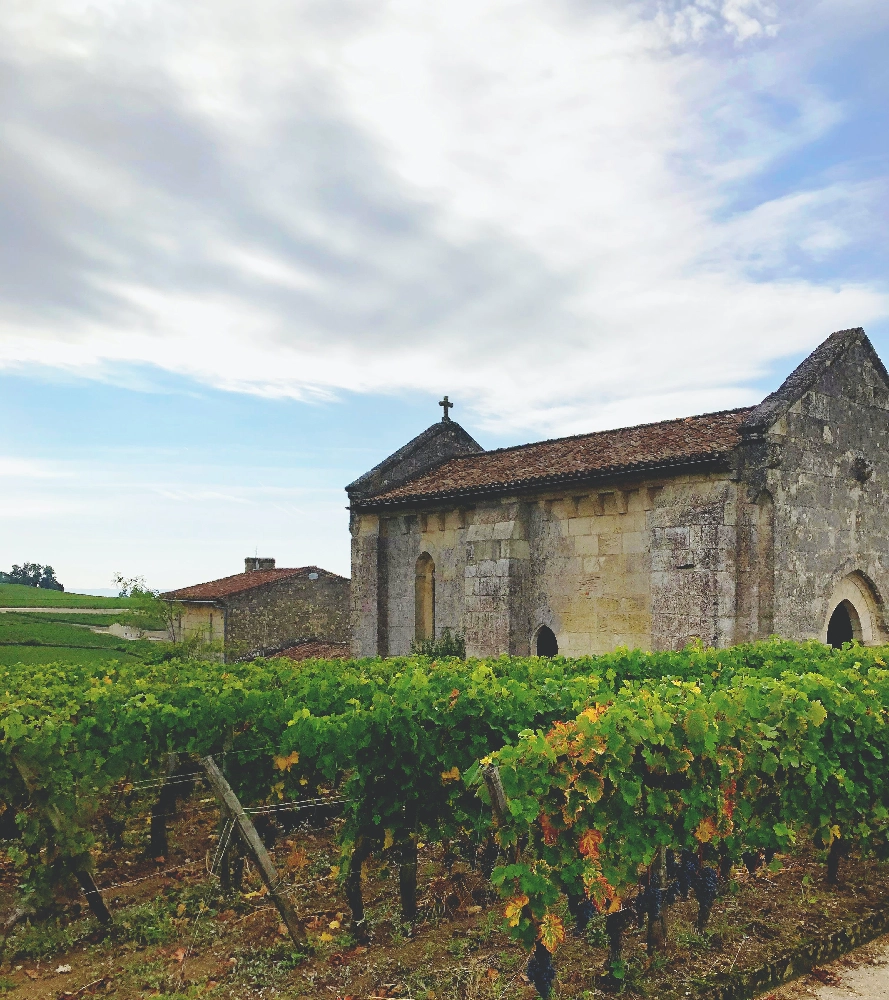
Desierto de Almería Wineries & Wines Stats
Wineries
3
Wines
23
A Historical Overview of Wine Significance in Desierto de Almería: Unveiling the Secrets of Spain's Southernmost Vineyards
Introduction: Desierto de Almería, located in the southeastern most tip of Spain, is a captivating and historically rich wine region that has long been admired for its unique characteristics. Though relatively unknown to some, this region boasts an extensive viticultural history, diverse grape varieties, and distinctive wines. In this historical review, we will delve into the fascinating world of Desierto de Almería, exploring its geographical context, key wine styles, grape cultivars, and the role food plays in enhancing its wines' exquisite flavors.
Geographical Context: Desierto de Almería is situated in Andalusia, Spain, with an area of approximately 23,000 hectares dedicated to vine cultivation. The region lies between the Sierra de Gádor and the Mediterranean Sea, characterized by its arid climate, scarce rainfall, and extreme temperatures. These conditions have necessitated the development of highly specialized viticultural practices that allow for successful wine production.
Historical Significance: The history of Desierto de Almería's wine industry dates back to ancient times, with records of Phoenician and Roman winemaking activities in the region. However, it was not until the late 19th century that modern viticulture practices were introduced, leading to a significant expansion of vineyards and the establishment of several cooperatives. Today, Desierto de Almería is renowned for its unique wines, reflecting the region's distinctive terroir and innovative winemaking techniques.
Wine Styles: Desierto de Almería is home to various wine styles that cater to diverse palates. The region's most iconic wine, Moscatel de Almería, is a fortified dessert wine produced from the Muscat grape variety. It features intense aromas of candied fruit, honey, and floral notes, complemented by a rich, velvety texture. Another prominent style is the Monastrell-based red wines, characterized by their deep ruby color, full body, and complex flavors of blackberries, cherries, and spices.
Grape Varieties: The region's diverse grape varieties reflect its rich viticultural heritage. Among these are Moscatel (Muscat), Monastrell (Mourvèdre), Cabernet Sauvignon, Grenache, Syrah, and Palomino Fino. Each grape variety contributes unique flavors and characteristics to the wines of Desierto de Almería.
Food Pairings: Desierto de Almería's wines pair beautifully with an array of dishes, reflecting the region's rich culinary heritage. Some traditional food pairings include Moscatel de Almería with dried fruits and nuts, sweet pastries, or even savory tapas; Monastrell-based red wines with hearty stews, grilled meats, and robust cheeses.
Conclusion: Desierto de Almería's historical significance in the world of wine is undeniable, with its unique geographical conditions, diverse grape varieties, and innovative winemaking practices contributing to a distinct and captivating wine culture. From its iconic fortified dessert wines to its robust reds, the region's wines offer an unforgettable sensory experience for wine enthusiasts and connoisseurs alike. As we continue to explore the evolving world of Desierto de Almería's wine industry, one thing remains certain – this region will continue to captivate and inspire those who dare to discover its secrets.
Great things nearby when you are in Desierto de Almería
Vineyard 🍷
Heredad Perez Ferre Sll Uleila del CampoPopular
Desierto de Almería
Spain
Vivino: 3.8
